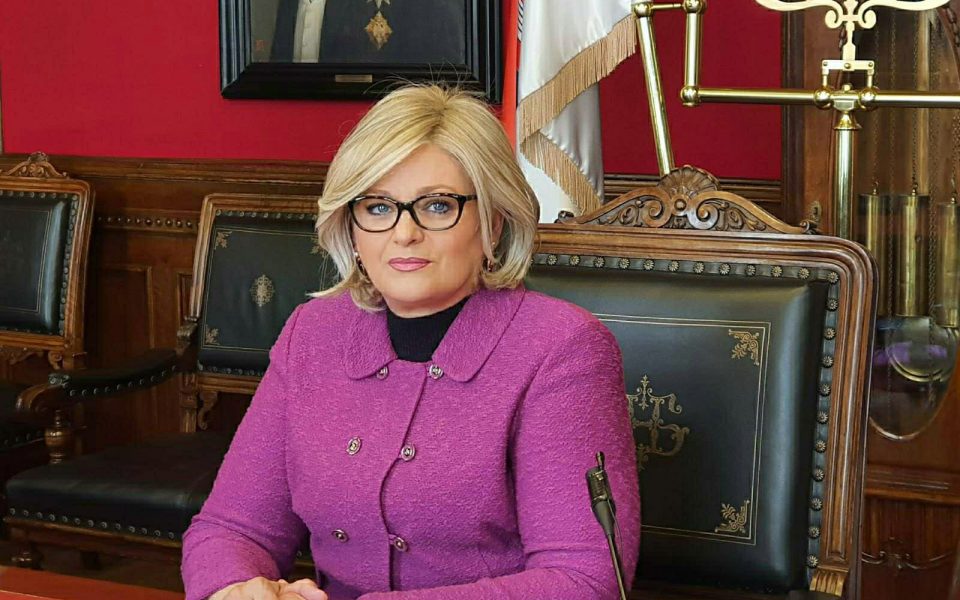In a pivotal move, the esteemed Fitch agency has upheld Serbia’s credit rating at a resilient BB+, which brings the nation tantalizingly close to an investment-grade rating. With prospects of further enhancement in the offing, this affirmation speaks volumes about Serbia’s economic trajectory.
As eloquently elucidated on the official portal of the National Bank of Serbia (NBS), the decisive factors behind this endorsement by Fitch revolve around Serbia’s commendably credible economic policy framework. Noteworthy are elevated levels of economic activity, exemplified by a per capita Gross Domestic Product that outpaces expectations, coupled with improved governance practices and a higher echelon of human development in contrast to peers bearing similar credit standings. A salient point of distinction also includes well-managed public finances.
Fitch is keen to underscore the marked progress in Serbia’s external position: an ameliorated current account balance, a more brisk pace of economic expansion, and tamed inflation. The banking sector’s commendable resilience, curtailed public debt, and substantially enhanced energy sector are facets that couldn’t go unnoticed.

Maintaining an unwavering focus on stability, Serbia’s prudent approach has instilled unwavering business confidence, paving the way for substantial inflows of foreign direct investment. The outcomes, as underscored, include a remarkable 32% growth in exports of goods and services last year and an impressive 14% during the first half of this year, even amid softened external demand. Of particular note is the current account deficit, which, at a mere 1.6% of Gross Domestic Product for the initial half of this year, attains its lowest mark and is admirably bolstered by robust foreign direct investment inflows. These achievements have garnered the nod of approval from Fitch, a testament echoed by NBS Governor Jorgovanka Tabaković.
Further projections by the agency delve into the realm of foreign exchange reserves, which have scaled record heights. These are forecasted to maintain an upward trajectory in the coming two years, affording a buffer surpassing five months of imports—a feat that towers over fellow economies with similar ratings.
Regarding public finances, Fitch salutes the outperformance in 2023, underpinned by more robust revenue collection propelled by a buoyant economy and a robust labor market, as well as trimmed energy expenditures.
Notably, the second quarter bore witness to a 1.7% year-on-year acceleration in Gross Domestic Product growth, a prelude to the anticipated upswing in economic activity throughout the latter half of the year. This resurgence will be fuelled by continued export growth, a favorable agricultural season, and an ongoing positive trajectory in the services sector, particularly within the Information and Communication Technology (ICT) sphere.
Summing up the outlook, Fitch anticipates a 2.4% expansion this year, set to rev up to an even more spirited 3.4% in the following year, underscoring Serbia’s undeniable momentum on the global economic stage.